Can you use retinol while pregnant or breastfeeding?

Image: Nil Taskin Digital Art
Can you use retinol while pregnant or breastfeeding?
Using retinol during pregnancy or while breastfeeding is generally not recommended. High doses of vitamin A, including retinol and other retinoids, can potentially harm the developing fetus or infant. While topical retinol is less likely to be absorbed into the bloodstream compared to oral forms, it’s still a good idea to err on the side of caution.
Here are some guidelines:
Pregnancy:
Avoid High-Dose Retinol: It’s best to avoid high-concentration retinol products during pregnancy.
Consult a Healthcare Provider: If you have specific skin concerns that you were treating with retinol, consult your healthcare provider or dermatologist. They can recommend safer alternatives.
Breastfeeding:
Limit Retinol Use: If you’re breastfeeding, it’s generally recommended to limit or avoid retinol use because it can potentially be transferred to the baby through breast milk.
Consult a Healthcare Provider: If you feel that you need a skincare product with retinol while breastfeeding, consult your healthcare provider for guidance on safe usage.
During pregnancy and breastfeeding, it’s essential to prioritize the health and safety of both you and your baby. Consider alternative skincare ingredients and routines that are proven to be safe during this period. Always seek guidance from a healthcare professional for personalized advice.
Topical retinol during pregnancy
Using topical retinol during pregnancy is a topic of debate among healthcare professionals. While topical retinol is generally considered safer than oral retinoids during pregnancy, it’s still advisable to be cautious. Here are some important points to consider:
Consult with a Healthcare Provider: Always consult with your healthcare provider, preferably a dermatologist or obstetrician, before using any skincare products containing retinol during pregnancy.
Choose Lower Concentrations: If your healthcare provider approves, it’s generally recommended to use lower concentrations of retinol. Look for products with 0.3% retinol or lower.
Limit Usage: Even if you’re using a lower-concentration product, consider using it less frequently than you might have before pregnancy. A few times a week or every other night, rather than daily, can be a safer approach.
Watch for Irritation: Pay close attention to your skin’s reaction. If you notice excessive dryness, redness, or irritation, discontinue use and consult your healthcare provider.
Alternative Ingredients: Consider using alternative skincare ingredients that are known to be safe during pregnancy, such as glycolic acid, hyaluronic acid, or vitamin C, to address skincare concerns.
Remember that every pregnancy is different, and what is safe for one person may not be safe for another. Your healthcare provider can provide personalized guidance based on your specific circumstances and skincare needs. Safety and the well-being of your baby should always be the top priorities during pregnancy.
Topical retinol use and breastfeeding
Using topical retinol while breastfeeding is generally considered safer than oral retinoids, but caution is still advised. Here are some key points to consider:
Consult with a Healthcare Provider: Before using any skincare products containing retinol while breastfeeding, it’s important to consult with your healthcare provider, preferably a dermatologist or obstetrician.
Choose Lower Concentrations: If your healthcare provider approves, opt for products with lower concentrations of retinol. These are generally considered safer for use during breastfeeding.
Limit Usage: Consider using retinol products less frequently than you might have before pregnancy or breastfeeding. Using them every other night or a few times a week can be a more cautious approach.
Watch for Irritation: Pay close attention to how your skin reacts to retinol. If you experience excessive dryness, redness, or irritation, discontinue use and consult your healthcare provider.
Consider Alternative Ingredients: If you’re concerned about the safety of retinol during breastfeeding, you can explore alternative skincare ingredients like glycolic acid, hyaluronic acid, or vitamin C to address your skincare needs.
Avoid Applying Near the Breast: When using topical retinol, avoid applying it directly to the breast area to minimize the risk of it coming into contact with your baby.
As always, individual circumstances can vary, and it’s crucial to consult with a healthcare professional who is familiar with your medical history and specific needs. They can provide personalized guidance on the use of retinol or other skincare products during breastfeeding while considering the safety of both you and your baby.


